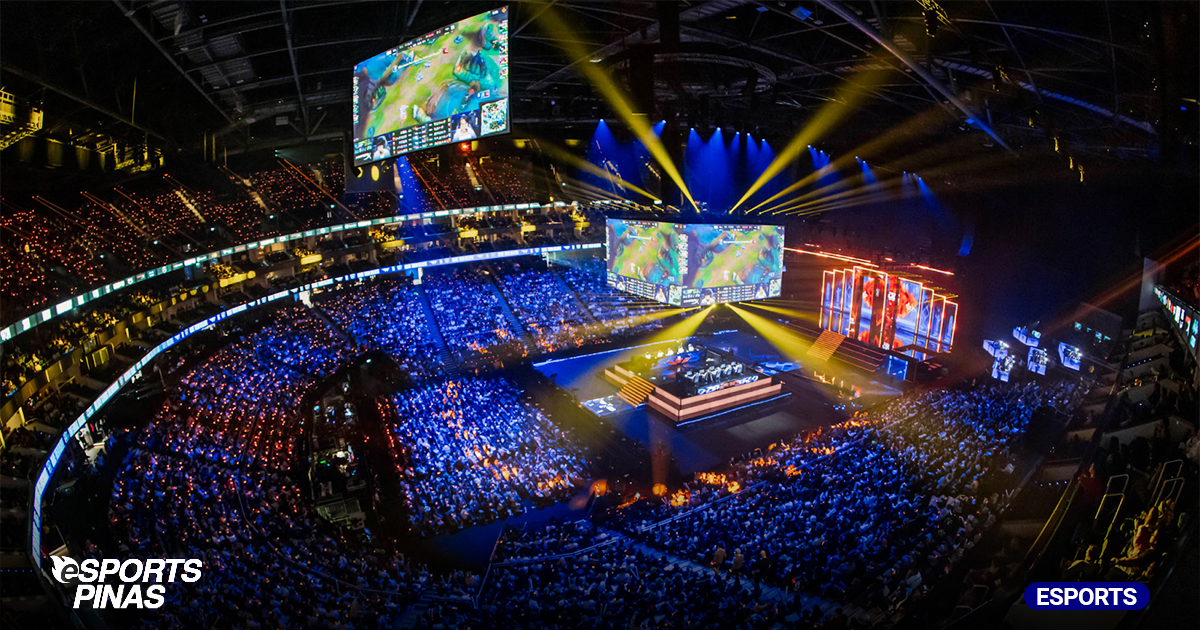Riot Games announced that its Tier 1 League of Legends and Valorant teams in the Americas and EMEA will now be able to accept sports betting sponsorships, a category that has long been prohibited in the company’s esports ecosystem. This is a significant policy reversal.
Why the Change, and What’s Being Offered
According to Riot’s announcement, there has been a lot of betting on its esports, with over $10.7 billion wagered worldwide in 2024 alone, most of it through unregulated platforms.
Riot chose to “engage actively but responsibly” rather than disregard the landscape in light of this reality.
Riot has implemented a guardrail-first strategy to guarantee accountability:
- Rigorous screening of possible betting sponsors in accordance with Riot guidelines and licensing requirements
- All information used by betting partners must originate from GRID Esports, Riot’s reliable distributor.
- For continued oversight, instruction, and player/fan protection, teams must create internal integrity programs.
- There will be no betting at all on Riot-owned broadcasts, social media, or team uniforms.
Who is GRID Esports?
One of the top data platforms for esports data infrastructure and integrity solutions is GRID Esports. Official match data from leagues and competitions around the world is gathered, processed, and disseminated by them. GRID guarantees the accuracy, security, and immutability of all distributed data, including player stats, live match feeds, and in-game events, by collaborating with leading game publishers and tournament organizers.
GRID reduces the possibility of match-fixing, illegal data scraping, and false information by offering a single, reliable source of real-time esports data for betting integrity. As a result, they are a major partner for publishers such as Riot Games and the industry standard distributor for esports betting data.
Reinforced Support for Esports Ecosystem
Riot has promised to put some of the money it makes from betting sponsorships back into its Tier-2 ecosystem. This entails increasing prize pools, starting fresh competitions, and providing prospective professionals with integrity and education resources.
In an effort to boost competitive play at the grassroots level, Riot has committed to reinvesting a portion of the money received from betting sponsorships back into its Tier-2 ecosystem. The majority of this funding will go toward expanding Tier-2 tournament prize pools, which will encourage semi-professional players to compete and improve their skills. Riot is also getting ready to introduce new leagues that will give more teams outside of the Premier Leagues a chance to show off their skills and give more players a stage on which to perform.
In addition to tournaments, Riot is dedicated to supporting integrity and education initiatives that will give players, coaches, and managers the resources they need to support professional conduct, fair play, and responsible gaming. To assist up-and-coming talent in advancing into professional esports careers, training and development programs like seminars, workshops, and mentorship programs are also being given priority. By working together, these initiatives aim to create a long-lasting pipeline that bridges the gap between amateur and Tier-2 teams and professional competition.
By reinvesting in this way, Riot is not only expanding competitive opportunities but also securing the long-term stability of the esports ecosystem. This approach ensures that sponsorship revenue contributes directly to the growth and integrity of the community, ultimately benefiting players, teams, and fans alike.
Industry Response & Ethical Concerns
The policy change has elicited conflicting responses, despite Riot framing it as ecosystem sustainability:
- In the midst of a “esports winter” of decreased investment, proponents emphasize the necessity of multiple, high-value revenue streams.
- Even with protections, critics warn that betting sponsors still run the risk of match-fixing, increased exposure to susceptible audiences, and esports integrity degradation.
Summary Table
| Area | Details |
| Scope | : Tier 1 League of Legends and Valorant teams in the Americas and Europe |
| Requirements | : GRID-provided data, screened partners, and team integrity initiatives |
| Limitations | : No advertisements or betting logos on Riot-owned content or team uniforms |
| Revenue Use | : Reinvestment in Tier 2 ecosystems (tournaments, prize pools, etc.) |
Riot’s choice represents a significant shift in esports financing schemes. Stability might be aided by organized oversight and a pledge of reinvestment, but only if teams and the publisher uphold their integrity pledges.

